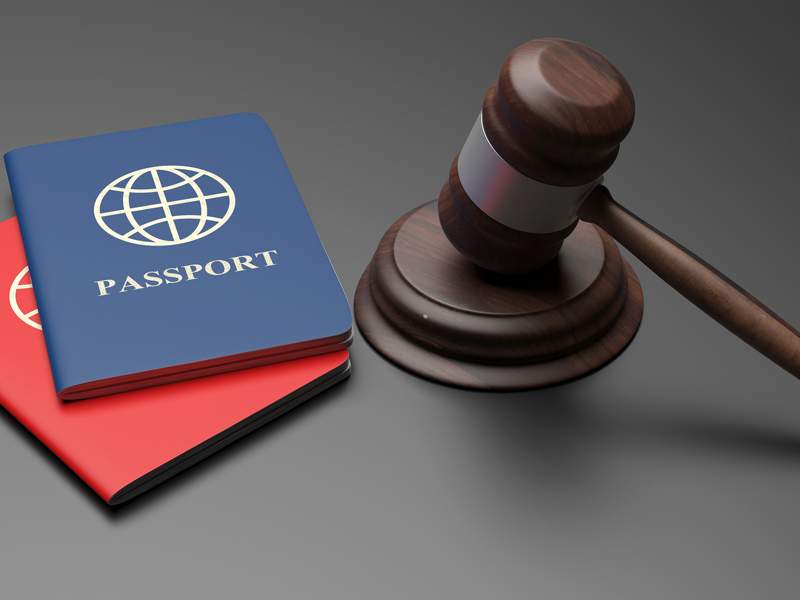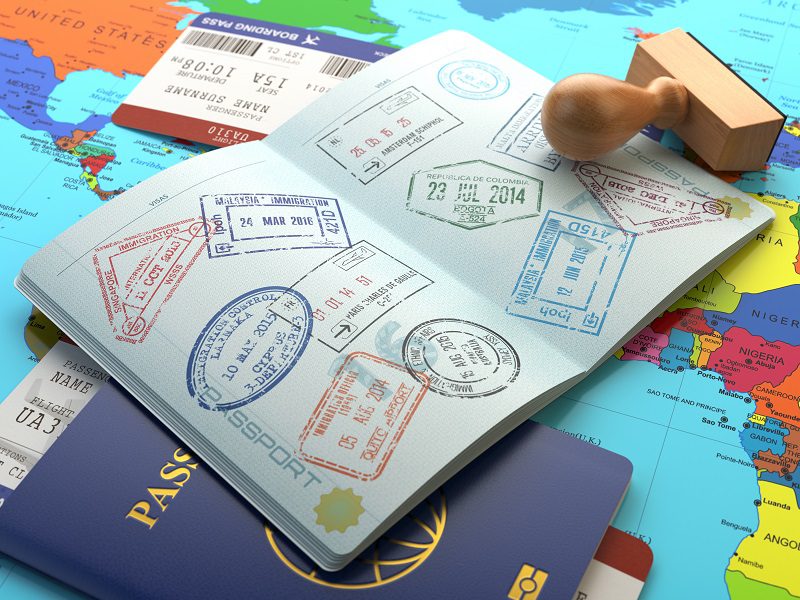Immigration and human trafficking are two interconnected issues that have gained increased attention in recent years. Human trafficking is a heinous crime that involves the exploitation of vulnerable individuals for labor, sex, or other forms of exploitation. Immigrants, particularly those who are undocumented or have irregular status, are particularly vulnerable to trafficking due to their lack of legal protection and their need to rely on others for support.

Fortunately, the U.S. government has recognized the need to provide legal protections for victims of trafficking, including immigrants. The Trafficking Victims Protection Act (TVPA) of 2000 is a federal law that provides a comprehensive framework for identifying and assisting victims of trafficking. The TVPA provides for criminal penalties for traffickers and establishes a variety of services and protections for victims, including the ability to obtain legal status in the United States.
Under the TVPA, victims of trafficking can apply for a special type of visa known as a T visa. The T visa is a nonimmigrant visa that allows victims of trafficking to remain in the United States for up to four years and to work legally. To be eligible for a T visa, a victim must show that they have been subjected to severe forms of trafficking, that they are physically present in the United States, and that they are willing to cooperate with law enforcement in the investigation and prosecution of their traffickers.
The T visa is an important legal protection for victims of trafficking, particularly immigrants. Immigrants who are victims of trafficking are often afraid to come forward due to fear of deportation or retaliation from their traffickers. The T visa provides victims with a way to obtain legal status in the United States and to live and work without fear of deportation. Additionally, the T visa can also provide victims with access to social services, such as housing, counseling, and medical care.

In addition to the T visa, victims of trafficking may also be eligible for other forms of legal protection. For example, victims may be eligible for asylum if they can show that they have a well-founded fear of persecution if they return to their home country. Victims may also be eligible for special immigrant juvenile status if they are under the age of 21 and have been abused, abandoned, or neglected by a parent.
While the legal protections available to victims of trafficking are important, there are still many challenges that must be addressed. For example, many victims of trafficking are not aware of their legal rights or are afraid to come forward due to fear of deportation or retaliation from their traffickers. Additionally, the process of applying for legal status can be lengthy and complicated, and victims may not have access to legal representation or other support.
To address these challenges, there is a need for increased education and outreach to raise awareness about the legal protections available to victims of trafficking. Additionally, there is a need for increased funding and resources to provide victims with the support they need to navigate the legal system and to rebuild their lives.
Immigration and human trafficking are two interconnected issues that require a comprehensive and coordinated response. The legal protections available to victims of trafficking, including the T visa, are an important tool for ensuring that victims are able to access the services and support they need to rebuild their lives. However, there is still much work to be done to raise awareness about these protections and to ensure that victims are able to access them. By working together, we can create a world where all individuals are free from the horrors of trafficking and are able to live with dignity and respect.





Comments